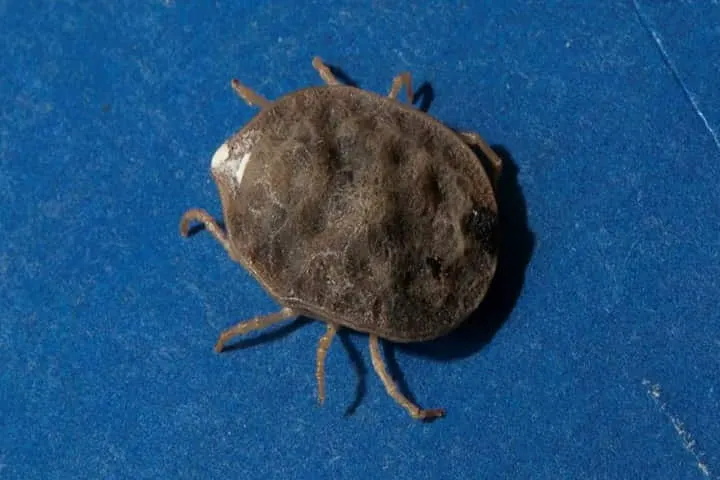For humankind it is completely unimaginable to even think of living without food and that too for a long period but there are beings on this Earth who can do it. One creature which is sure to set a record of sorts for extended span of life without any nutrients is an African tick – Argas brumpti says a report in sciencealert.com.
These ticks have been kept under close observation by Julian Shepherd, an entomologist from New York’s Binghamton University for 45 years. During this period, it was noted that some of these creatures had lived up to 27 years, which is definitely much more than the average age of two to three years for ticks in general.
Significantly some of these arachnids or joint legged invertebrate animals with Shepherd lived for eight years without food. This is amazing even though they have evolved to live without much to drink or eat.
That is not all, four years after the last male had died, one of the female ticks laid eggs. This pointed to the ability of the female to be able to store male sperm for a period which is longer than the normal.
In a paper published in the Journal of Medical Entomology Shepherd wrote: “The longevity of these ticks is apparently a record for any species of tick. The delay in reproduction likely represents long-term storage of viable sperm, also apparently a record for any species of tick."
It was in 1976, that Shepherd was given the original ticks as a gift and he decided to watch them closely since then in his laboratory. He provided suitable conditions in the lab by ensuring relative humidity of 81 per cent and temperature at 21 degrees Celsius. The progeny of that original group are still there and continue to reproduce.
The observation and research about their ability to go without food came into being when their food source that is rabbits, mice and blood from rats were not available in 1984. In the course of that eight-year fast, the last of the original male tick passed away at the halfway mark.
Commenting on this, Shepherd said: "I am always enthralled by the adaptations of organisms to their environment. In this case, a dry environment with virtually no access to water for long periods of time and a lifestyle that must wait for very long intervals of no food between encounters with host animals."
The ticks who are the subject of the research — A. brumpti – are large when compared to other ticks. They can be 20 millimetres long and are usually found in holes, dust baths or mounds of termites as they search for host animals including humans to feed on. Their skin is soft and leathery devoid of hard plates which are found in other known tick species.
Even though we suffer from their bites, they are not known to cause any diseases among humans.
Shepherd has sent the younger ticks to South Africa to help with DNA research. “Research on how organisms master such challenges can inform understanding of how other organisms, including us, might manage similar challenges," remarked Shepherd.
Also read: Scientists discover worm that chokes deadly tarantula spider to death




















